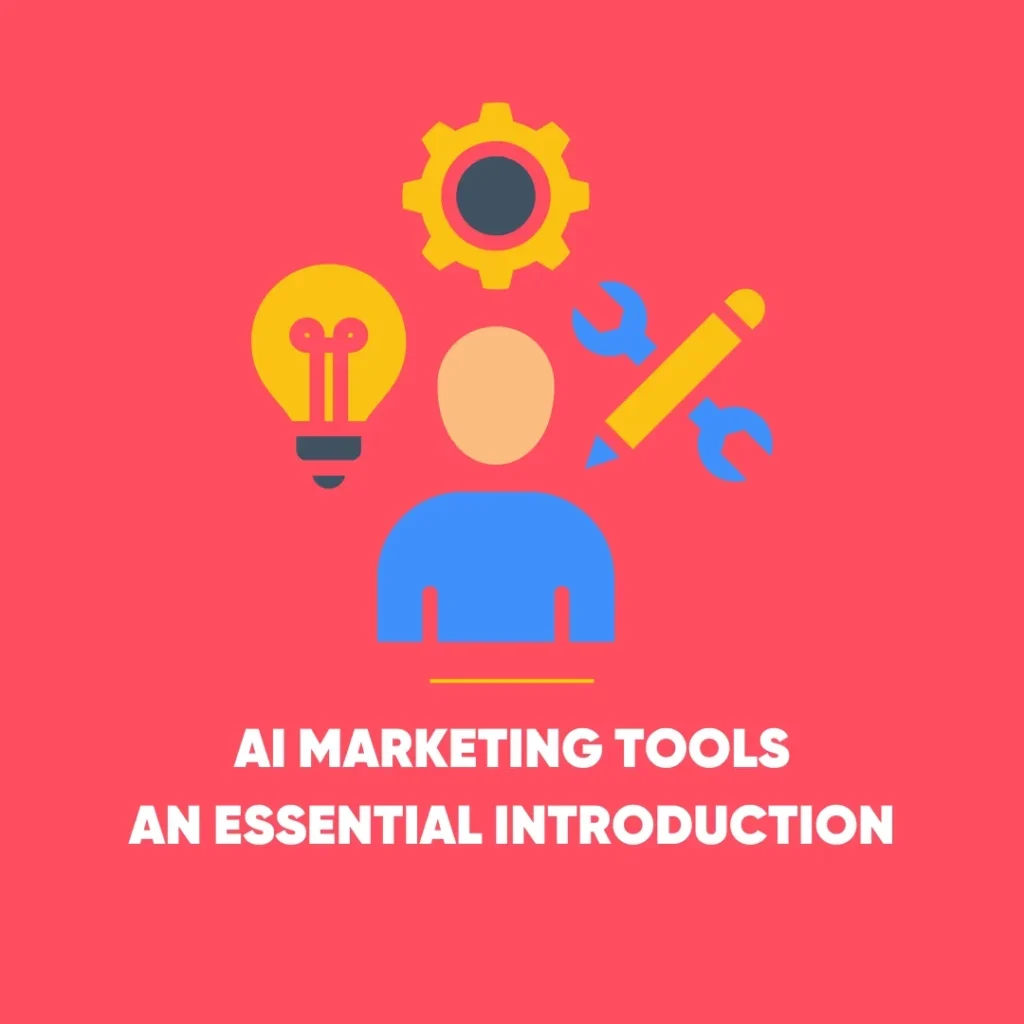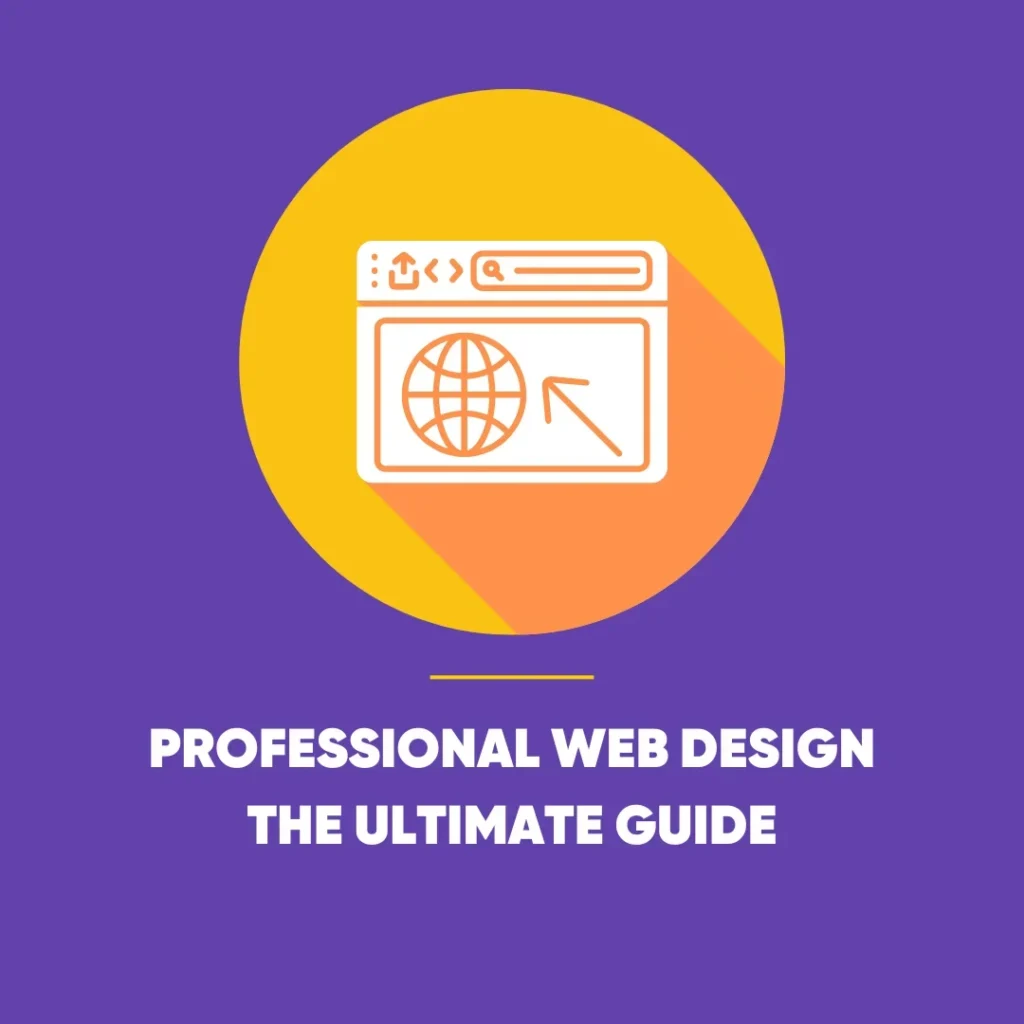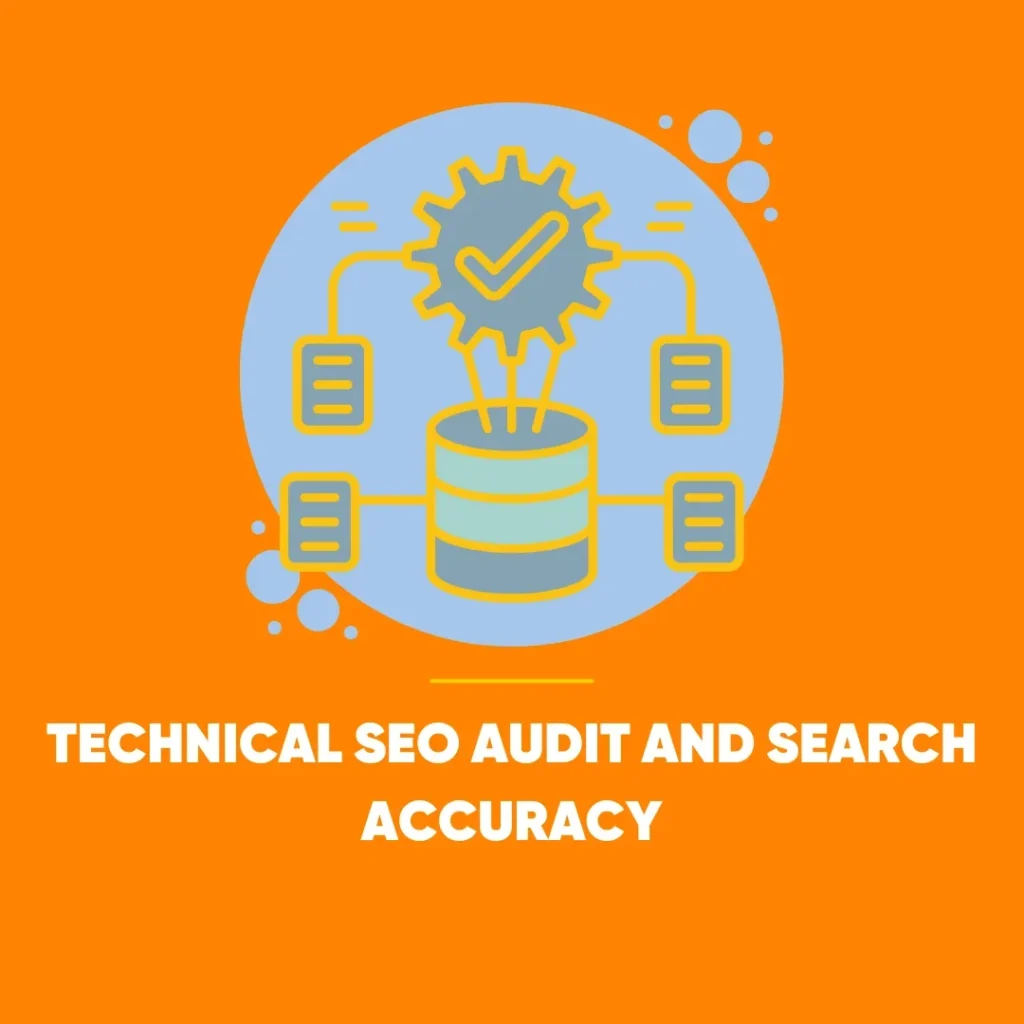Best SEO CMS Platforms in 2025
Creating a website that ranks well starts with selecting the best SEO CMS platform as your foundation for long-term success. Your CMS doesn’t just hold your website together; instead, it plays a pivotal role in how search engines rank content. In fact, it influences how search engines discover, index, and interpret your content across all pages.
Therefore, let’s dive into the top CMS platforms that can help your business climb the SEO ladder effectively.
What Makes a CMS SEO-Friendly?
Before we explore the best options available, it’s vital to understand what makes a CMS ideal for search engine optimisation.
Key SEO Features to Look For
When evaluating CMS platforms, here are the essential features to prioritise:
- Editable Meta Data: Moreover, being able to control your meta titles and descriptions is crucial for how your content appears in search engine listings.
- Schema Markup & Technical Tools: In addition, platforms that support structured data, sitemaps, and canonical tags give you more control over how your site is understood by Google.
- Responsive Design: Therefore, a CMS that ensures your content looks great and works seamlessly across mobile devices is a must-have.
- Performance Optimisation: As a result, faster load times directly impact user experience and rankings. Look for CMSs that minimise bloat.
- Third-Party SEO Tools & Plugins: Furthermore, integration with analytics tools, SEO extensions, or external apps helps bridge any functional gaps.
Choosing the Right CMS for Your Business
 Ask yourself:
Ask yourself:
- Firstly, consider whether the CMS suits your existing technical setup and infrastructure requirements.
- Secondly, assess if it’s easy enough for your team to use without extensive training.
- In addition, ensure the CMS fits comfortably within your current budget constraints.
- Most importantly, determine whether it can genuinely help improve your website’s SEO performance.
Subsequently, let’s walk through 10 of the top CMS platforms currently excelling in this area of SEO performance.
1. WordPress
Best for: Bloggers, small businesses, and anyone seeking flexibility
WordPress powers a huge chunk of the web – and for good reason. Moreover, it’s open-source, versatile, and bolstered by a massive ecosystem of plugins. SEO plugins such as Yoast and RankMath allow users to customise everything from breadcrumbs to canonical URLs.
Pros:
- Comprehensive plugin options
- Easy integration with tools like Google Search Console
- Massive online community and support
Cons:
- Too many plugins can slow the site
- Security and performance rely on frequent updates and proper hosting
2. Drupal
Best for: Complex, custom-built websites
Drupal is highly adaptable and favoured by developers creating large-scale websites; moreover, its built-in SEO tools support technical teams effectively. In fact, it’s a strong choice for projects requiring custom features and advanced optimisation capabilities.
Pros:
- Built-in SEO-friendly modules
- Scalable and secure
Cons:
- Steep learning curve
- Requires developer support to unlock full potential
3. Webflow
Best for: Designers and marketers who want control without code
Webflow blends visual design with powerful CMS features; moreover, it enables real-time SEO adjustments directly on the page. For example, users can edit meta data, output clean code, and implement schema support for improved search engine visibility.
Pros:
- Visual editor with SEO controls
- Fast-loading pages
- Clean HTML/CSS for better indexing
Cons:
- SEO capabilities are less intuitive than others
- Limited to Webflow hosting unless exporting code
4. Joomla
Best for: Intermediate users who want more than WordPress but less complexity than Drupal
Joomla offers a good mix of flexibility and built-in features. While not as user-friendly as other platforms, it comes with SEO customisation tools like editable meta tags, URL rewriting, and sitemaps.
Pros:
- Flexible and powerful
- Strong developer community
Cons:
- Not beginner-friendly
- Fewer extensions compared to WordPress
- Wix
Best for: Beginners and small businesses
Wix is designed for ease; therefore, its drag-and-drop interface allows anyone to build and manage a site effortlessly. In addition, its built-in SEO Wizard guides users step-by-step through best practices for improved search visibility.
Pros:
- User-friendly interface
- Integrated SEO tools and suggestions
- Customisable URLs and metadata
Cons:
- Less control over back-end optimisation
- Limited scalability for large sites
6. Squarespace
Best for: Creative professionals and SMEs
Squarespace marries design elegance with simple content management; as a result, it appeals to users seeking both style and function. Moreover, its SEO capabilities include structured data, mobile-friendly templates, and control over essential meta elements.
Pros:
- Sleek templates and responsive design
- Built-in SEO settings
- SSL and AMP support included
Cons:
- Limited customisation beyond templates
- Fewer plugin integrations
7. Shopify
Best for: E-commerce sites of all sizes
Shopify is tailored for online shops; moreover, it comes SEO-ready for products with customisable meta tags and schema support. Additionally, automatic sitemap generation and structured data make it a strong best SEO CMS option for growing e-commerce businesses.
Pros:
- Product-based SEO features
- App marketplace for added functionality
- Mobile-friendly from the get-go
Cons:
- Limited SEO features for non-product content
- Some advanced tweaks require developer helpSEO tools
8. Adobe Commerce (formerly Magento)
Best for: Large enterprises with complex e-commerce needs
As such, Adobe Commerce delivers enterprise-level e-commerce performance; furthermore, it offers full control over SEO elements for optimal visibility. In particular, it is perfect for teams with development resources who need advanced SEO flexibility and scalability.
Pros:
- Extensive SEO customisation options
- Strong performance at scale
Cons:
- Moreover, it has a high learning curve, which can slow down onboarding and implementation for new users.
- In addition, the platform is expensive and resource-intensive, requiring significant investment to operate effectively.
9. Prismic
Best for: Teams working with headless architecture
Prismic is a headless CMS that gives developers and marketers the ability to create fast, flexible websites with high SEO performance, especially when paired with frameworks like Next.js.
Pros:
- High performance and scalability
- Supports static site generation and server-side rendering
- Advanced SEO controls
Cons:
- Requires development knowledge
- Not suitable for those seeking a traditional CMS experience
10. Optimizely
 Best for: Large-scale enterprises with rich digital experiences
Best for: Large-scale enterprises with rich digital experiences
Optimizely is geared towards big organisations managing complex content needs. Consequently, SEO tools are integrated into the publishing workflow, helping teams keep content search-ready at scale.
Pros:
- Great for sites with thousands of pages
- Personalisation and A/B testing built-in
- Deep analytics
Cons:
- However, one major drawback is the high cost, which may not suit smaller businesses or startups.
- Additionally, it requires technical expertise, making it less suitable for teams without development resources.
Making the Right Choice for Your SEO Goals
All in all, choosing a CMS isn’t just about features – it’s about aligning with your team’s skill set, your business model, and how you want your brand to appear in search. The ideal platform should support a best SEO CMS approach, making it easy to publish, tweak, and optimise your content.
Whether you’re launching a creative portfolio, building a global e-commerce empire, or running a local business blog, there’s a CMS on this list that can help you climb the rankings and attract organic traffic.









